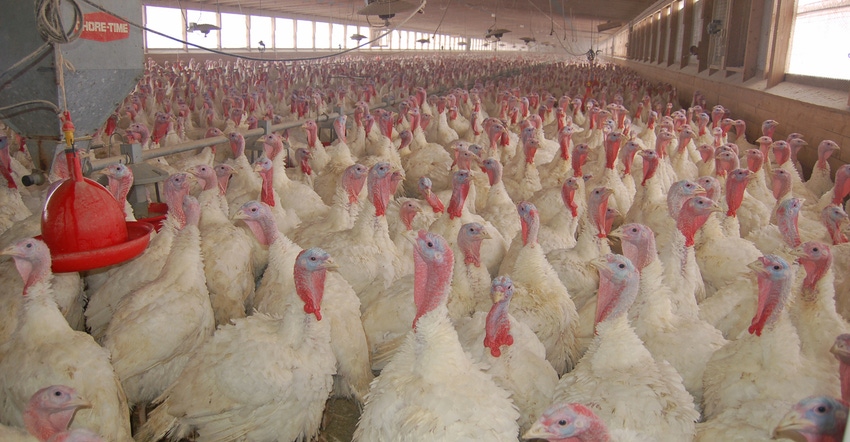February 22, 2022

Michigan poultry producers are taking steps to protect their farms from the threat from a lethal avian influenza strain, which recently hit an Indiana turkey farm and Kentucky broiler flock.
Ionia-based Herbruck’s Poultry Ranch, the state’s largest egg operation, is entering a code orange in terms of biosecurity, which means no visitors, sales representatives or tours, and employees and trucks entering poultry facilities must follow strict guidelines.
“All the trucks have to be cleaned — undercarriage, tires, and we mark where the truck comes from and where it is going,” said Mohamed Mousa, vice president of production at Herbruck's Poultry. “If there are any cases in Michigan, we go to code red, which means a lot of restrictions and no movement at all between any farm or equipment. It’s complete isolation, even for management.”
The Indiana and Kentucky cases have resulted in other countries banning imports. The disease has also been found in Europe, Africa, Asia and Canada. The highly pathogenic avian influenza is lethal to all poultry that contract it, according to health officials.
A similar flu outbreak in 2015 killed nearly 50 million chickens and turkeys, and infected 12 wild Canada geese and three goslings in Michigan — the state’s only such instance of HPAI detection.
Migratory flyways are what concerns Ernie Birchmeier, senior industry relations specialist for Michigan Farm Bureau.
“Avian influenza doesn’t care if you are a small poultry farm or a big one; it’s an equal-opportunity virus,” says Birchmeier, adding that as birds migrate back north, they can be a vector for disease and pose a serious risk.
“Indiana is in the migratory pathway, and this is especially concerning as birds fly north,” he says. “Our poultry producers are on high alert and are taking extra precautionary measures to their already-strict biosecurity measures. It is imperative the poultry industry, including large-farm and backyard operators, keep a close eye on the health of their flock.”
The Kentucky incident Feb. 11 resulted in the killing of 30,000 turkeys to contain the virus spread.
Michigan Allied Poultry Industries says no HPAI cases have been found in Michigan, and a plan is in place should an outbreak occur.
Some of the signs of poultry disease infection include sudden death without clinical signs, lack of energy or appetite, and decreased egg production.
Source: MFB, which is solely responsible for the information provided and is wholly owned by the source. Informa Business Media and all its subsidiaries are not responsible for any of the content contained in this information asset.
You May Also Like




